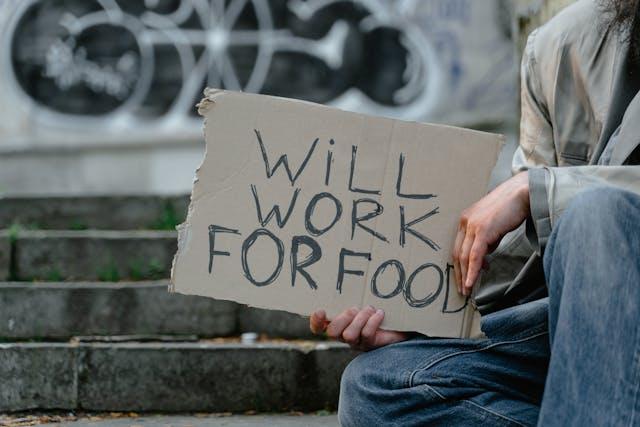California’s physician-assisted suicide law was overturned on Tuesday, May 15 by a Southern California judge who said it was unconstitutionally passed.
State Attorney General Xavier Becerra said the day after, that he plans to appeal the ruling.
The law — at nearly three years since its approval in 2015 by signage of Gov. Jerry Brown — permits terminally ill patients to request life-ending medications from their doctors.
California was the fifth of seven states, including Washington D.C., that put legal protections for the practice.
Riverside County Superior Court Judge Daniel A. Ottolia said Tuesday that the California Legislature did not have the jurisdiction to pass the End of Life Option Act during a special session meant to take up health care issues.
Becerra has five days since the ruling to file the emergency appeal of the ruling before the higher court.
“We strongly disagree with this ruling and the state is seeking expedited review in the Court of Appeal,” Becerra said Wednesday, May 16.
Stephen G. Larson, lead counsel for the group of doctors who sued to stop the law in 2016, told the Sacramento Bee, “We’re very satisfied with the court’s decision today.”
“The act itself was rushed through the special session of the Legislature and it does not have any of the safeguards one would expect to see in a law like this,” he added.
Supporters of the law say that it allows terminally ill patients to have more control over how they pass, thus giving them dignity. But those against argue that the law opens up opportunities for abuse.
On KQED, one of the case’s plaintiffs and executive director of the Life Legal Defense Foundation, Alexandra Snyder, said such terminally ill patients are “potentially facing large medical expenses and that puts them in a position of being vulnerable to pressure not just from families but their own pressure that maybe this is a cheaper, less burdensome way to go.”
John C. Kappos, a lawyer representing end-of-life care advocacy group Compassion & Choices, said in a statement, “We respectfully believe the Court misinterpreted the application of the state constitution to this law because medical aid in dying is a recognized health care option.”
He cited a 2015 poll conducted by the Institute of Governmental Studies at the University of California, Berkeley that said a majority of Californians support medical aid in dying for terminally ill people.
Under the law, patients with six or less months left to live can request life-ending drugs from their physicians. Within the first seven months since it went into effect in June 2016, over 100 had used the drugs to end their lives, according to the California Department of Public Health. Most users had cancer, followed by neuromuscular disorders like Parkinson’s or amyotrophic lateral sclerosis.
Compassion & Choices released a report last June estimating 504 Californians as having been prescribed end-of-life medication since the law took effect.
The law remained controversial among many in the state, including those in the Filipino community where religion often played central to their opinions.
Anesthesiologist Lawrence Lipana, a Christian, told the Inquirer last year that his faith would not agree to him putting a patient on life-ending medication.
“For those who support this law, there are regulations to make sure physicians do not abuse it. I have definitely seen people suffer tremendously from terminal illness, so I’m glad to see that people are addressing death and surrounding it with the counseling, religious aids, physician support that patients need,” said Lipana.
Richard Yap, a hospice nurse practitioner in the city of Carson, spoke in favor of EOLA, saying that it has given dignity to cancer patients who have decided on the route of ending their lives.
“In the hospice that I work at, both patients and their families are happier being pain-free as some of the procedures are not just ineffective, but are also painful even in their pockets,” Yap told the Inquirer.
He added that he was was not emotionally affected, “because I believe that a person’s soul in death goes to his Supreme Being, by whatever name — God, Lord, Yahweh, Allah, Vishnu —, he calls his Creator. And that is something that I make my patients and their families realize and that should make them happy.”






